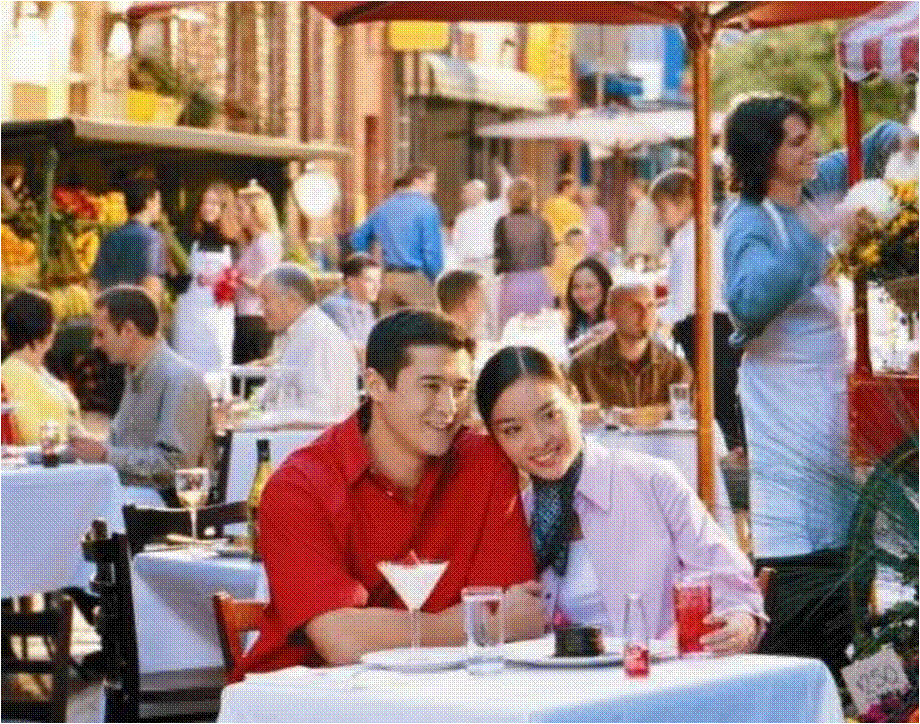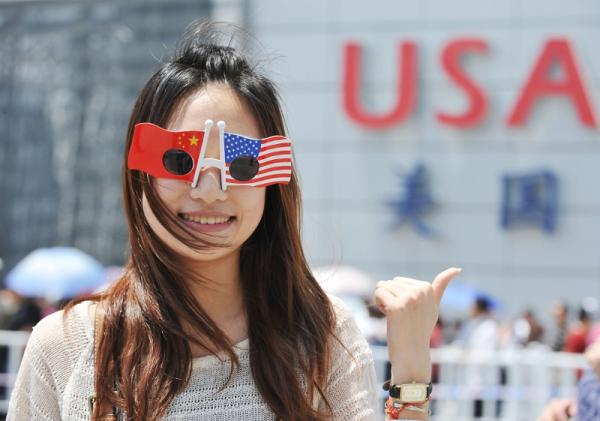Changing behaviours of Chinese travellers and how the global hotel industry is adapting.
China has overtaken Germany and the USA as the world’s biggest spenders on travel, with Chinese travellers spending US$102 billion on international travel in 2012, an increase of over 40% on 2011*, according to the second annual Chinese International Travel Monitor released by Hotels.com.
Surveying more than 3,000 Chinese international travelers and more than 1,500 hoteliers around the world, the Hotels.com report found 75 per cent of hoteliers globally say Chinese travellers now account for up to five per cent of their business and 45 per cent say they have experienced an increase in Chinese guests over last year, with the greatest increases coming in APAC (61 per cent). Hoteliers see China as a positive growth market over the next three years with one in 10 expecting to see an increase of more than 50 per cent and almost half (47 per cent) anticipating an 11-50 per cent rise.
The majority of overseas Chinese travel (96 per cent) has been for leisure purposes, while just over half (52 per cent) have also visited other countries for business or education.
In a growing trend, nearly two thirds (62 per cent) of Chinese travellers say they prefer to travel independently and not as part of a group. This development has been confirmed by the hoteliers surveyed, who say 70 per cent of Chinese guests now travel independently, compared with a much more even split in 2012.
“The 2013 Chinese International Travel Monitor (CITM) shows the move to independent travel identified in the CITM last year is now preferred by the majority of Chinese travellers. While in-roads have been made in this area, governments will have to take this into account when organising their visa application infrastructure and processes.
In addition, the CITM highlights areas for continued improvement for accommodation providers. The ability to accept Chinese payment methods is seen as the single most important offering from hotels and over a quarter (26 per cent) of Chinese travellers feel this is a key area for improvement,” said Johan Svanstrom, Managing Director of Hotels.com Asia Pacific.
Three quarters (75 per cent) of Chinese travellers say hoteliers need to improve the provision of translated items, such as welcome literature, websites, TV programmes and newspapers, while almost half (42 per cent) say that they would like more Mandarin speaking staff in hotels.
Highlighting a disconnect between the desires of Chinese travellers and provisions made by hoteliers, a quarter (25 per cent) of hoteliers say they offer cultural awareness training to staff but only one in ten (11 per cent) offer welcome materials in Mandarin. Additionally, globally, just over half (56 per cent) of hotels have invested less than $10,000** in developing programmes and products specifically catering to Chinese guests over the past 12 months.
When it comes to researching and booking travel, personal recommendation plays an increasingly vital role, with almost a third (30 per cent) of Chinese travellers saying they rely on advice from family and friends, followed by online travel booking and review sites.
More than a quarter of Chinese travellers (27 per cent) use social media to help them make decisions on holiday destinations, with this figure rising to 33 per cent among younger travellers under 35.



